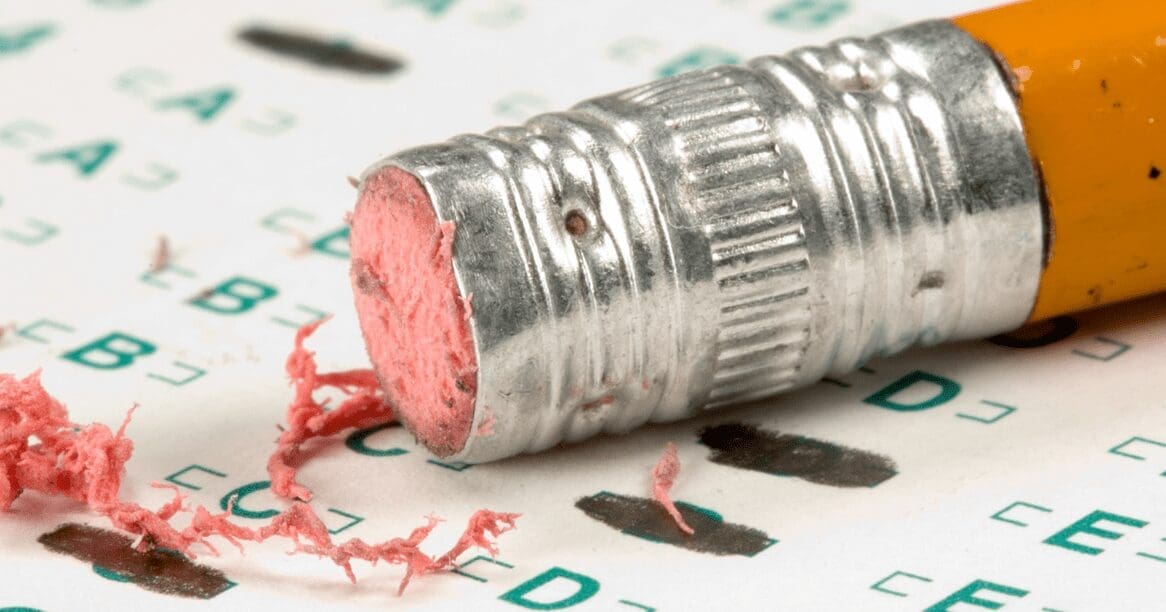Is public education too focused on standardized test scores, rather than teaching students? According to a recent survey of Texas teachers, the answer is yes.
So, why do we test our students?
Testing is a federal requirement; the Every Students Succeeds Act was signed into law by President Obama in December 2015. In order to continue receiving federal funding, the ESSA requires states to give students assessments to check for understanding.
In Texas, we have the STAAR (State of Texas Assessments of Academic Readiness) program, which was implemented in 2012 and includes annual assessments for:
- Reading and mathematics (grades 3-8)
- Writing (grades 4 and 7)
- Science (grades 5 and 8)
- Social studies (grade 8)
- End-of-course assessments for English I, English II, algebra I, biology, and U.S history
How do teachers feel about testing—and, specifically, the STAAR test? Of the 2,751 participants surveyed on a variety of issues impacting education, 706 educators brought up testing issues as a main concern.
STAAR testing was the largest complaint, with 342 educators saying it kept them from having peace at their job. One teacher told Teachers for Texas:
My only issue is with standardized testing. I do not feel that a standardized test (STAAR) serves any useful purpose. As a high school science teacher, I have to bypass areas of biology that my kids will need at least a basic understanding of should they choose to attend college or even if they choose to take AP biology. I am forced to skip this material because they are either not in the TEKS (Texas Essential Knowledge and Skills) for the STAAR, or they are tested so minimally that I can barely scratch the surface.
Teachers said they feel the STAAR is getting too much focus, ultimately taking away time from long-term learning. Teachers are being forced to teach the TEKS that are only on the STAAR, limiting the students’ education to just those topics.
In addition, 112 teachers agreed students undergoing excessive assessments is a problem. Schools are not just administering the STAAR test in the spring, they also give district and campus assessments—in some cases, every three to six weeks—as well as additional STAAR tests to students who did not receive a satisfactory score.
“[There is] too much high-stakes testing that drives the teaching,” said one Fort Worth-area teacher.
Testing pressures and the added stress on students and teachers are also significant concerns, according to 104 educators. This stress increases anxiety in students, as well as behavioral problems and increased apathy.
Is it any wonder that 80 teachers stated they are teaching to a test? And unfortunately, the focus of testing has shifted from a student-centered to data-centered, according to 43 educators who participated in the survey.
If the STAAR test is driving the educational decisions in the classrooms, scores—not students—have become the priority.
This article is part of a series on how teachers say they want to fix education by Texas Scorecard.






